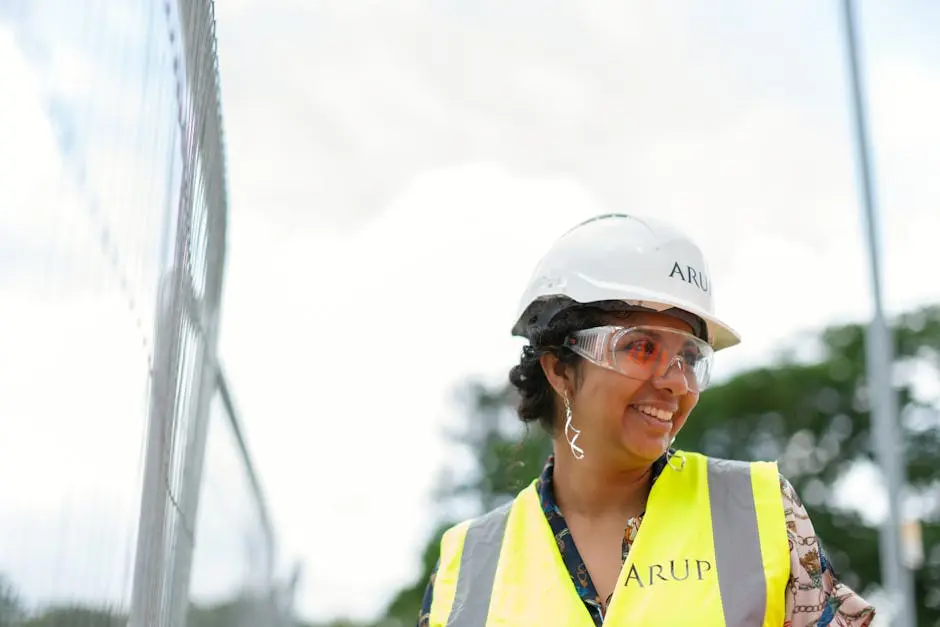Quality construction is essential for the longevity, safety, and satisfaction derived from any building project. Understanding the elements that contribute to high standards in construction can help clients make informed choices and lead to successful outcomes. This guide outlines the key components that define quality construction and how to ensure these factors are met in your project.
Understanding Quality Construction
Quality construction refers to the standards and practices that lead to durable, safe, and functional buildings. It combines effective design, robust materials, and skilled craftsmanship.
At its core, quality construction involves more than just putting up walls and a roof. It’s about creating spaces that endure the test of time while serving their intended purposes efficiently.
In addition, quality construction encompasses meticulous attention to detail in every phase of the project, ensuring not only compliance but also enhancing the overall aesthetic appeal of the structure.
Key Components of Quality Construction
Essential components include proper planning, skilled labor, high-quality materials, and adherence to regulatory standards. Each of these elements plays a crucial role in the overall success of a construction project.
Planning is the foundation upon which quality construction is built. It encompasses every aspect, from budgeting to timeline planning, ensuring that all stakeholders are aligned from the outset.
Skilled labor brings invaluable expertise to the table. The workforce’s training and experience determine the quality of execution, especially when challenges arise that require quick and effective solutions.
The Role of Skilled Labor
Skilled labor is crucial in ensuring high quality; trained professionals bring expertise in techniques and best practices to the project. This expertise not only enhances the quality of work but also fosters a safer working environment.
Moreover, having a workforce that is knowledgeable about the latest construction trends and technologies can lead to innovative solutions that improve efficiency and effectiveness in the construction process.
The importance of skilled labor cannot be overstated. When workers are well-trained, they are more likely to identify potential issues early, allowing for timely interventions that prevent delays and cost overruns.
Importance of Quality Materials
Using quality materials impacts safety and longevity. Durable resources reduce maintenance costs and enhance the overall integrity of the construction.
The selection of materials should be based on the specific requirements of the project, considering the local climate, the intended use of the building, and budget constraints. Quality materials not only ensure structural stability but also improve energy efficiency.
When quality materials are prioritized, the end result is typically a building that looks better and lasts longer. In the long run, investing upfront in superior materials can save homeowners and businesses significant repair and replacement costs.
Compliance with Building Regulations
Adhering to local building regulations and codes ensures safety and quality, safeguarding against potential legal issues down the line.
These regulations are designed to protect both the workers during construction and the occupants once the building is in use, making compliance not just a legal obligation but a moral one as well.
By understanding and following these rules, construction companies can avoid costly penalties and enhance their reputations in the industry, leading to more future projects and referrals.
The Impact of Project Management
Effective project management facilitates communication among stakeholders, schedules tasks appropriately, and keeps the project aligned with quality standards.
A skilled project manager orchestrates the various elements of construction, from initial planning to the final walk-through, ensuring each step meets quality benchmarks.
Moreover, good management practices can significantly reduce risks by anticipating potential challenges, allowing teams to respond proactively rather than reactively.
Continuous Quality Assurance
Implementing ongoing checks and evaluations throughout the construction process helps identify and rectify any issues before project completion.
This continuous quality assurance reinforces a commitment to excellence and ensures that each stage of the project meets predetermined standards.
By investing in quality assurance practices, construction firms not only elevate their reputation but also enhance client satisfaction, making it a vital aspect of any quality construction endeavor.
Final Thoughts on Quality Construction
In summary, quality construction stems from careful planning, skilled labor, quality materials, adherence to regulations, and ongoing oversight. By focusing on these aspects, project managers and stakeholders can achieve exceptional results.


